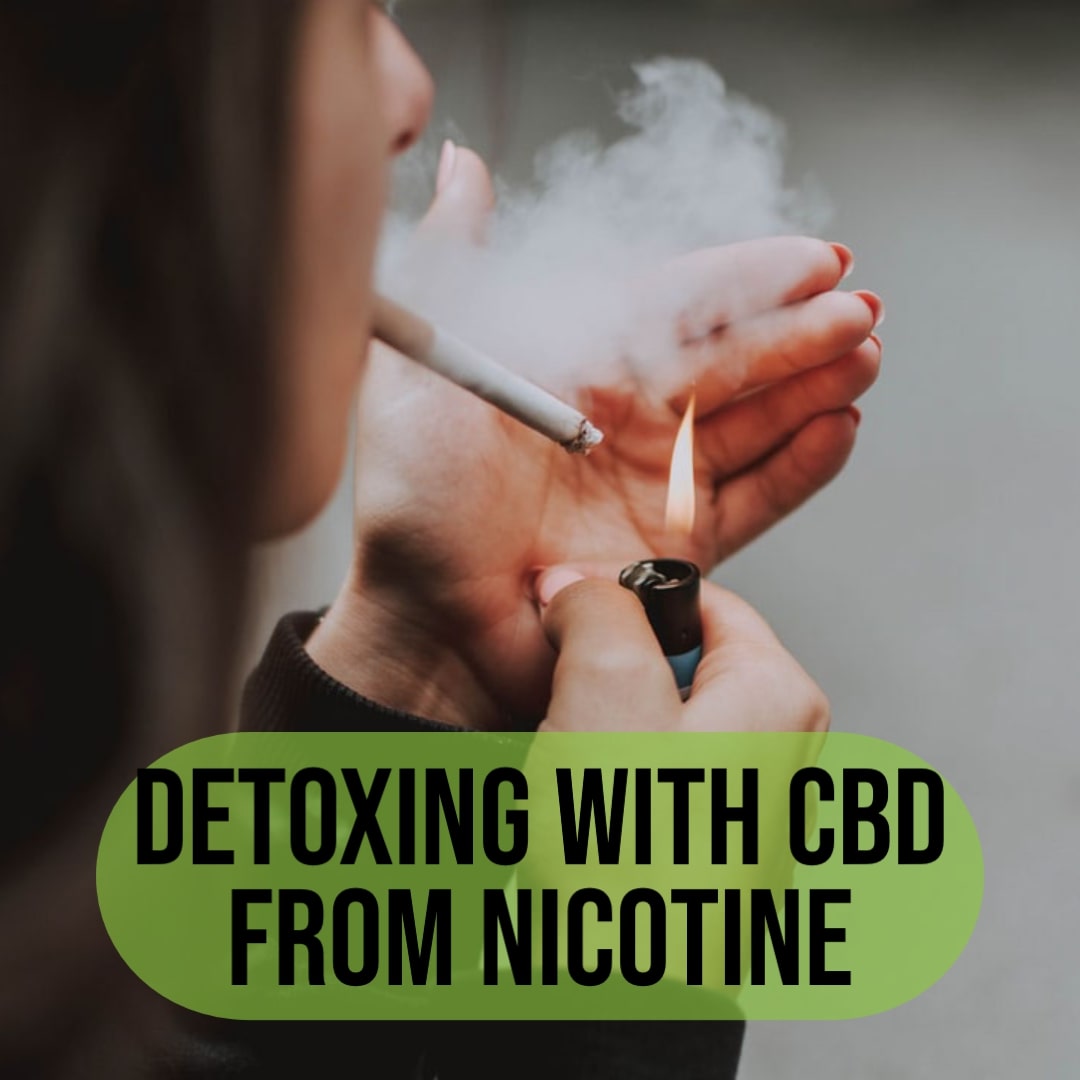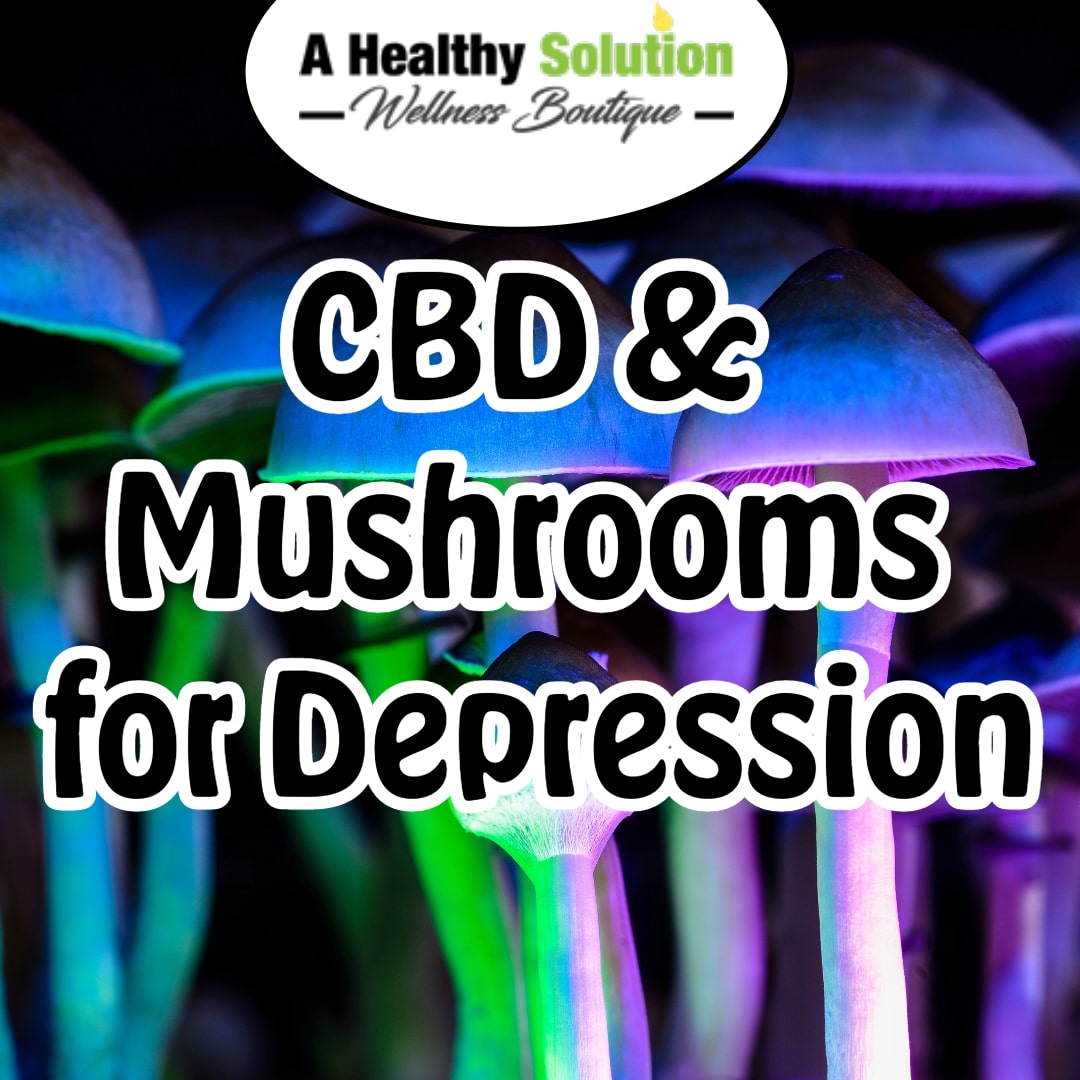There are approximately 50 million people in America who are addicted to some type of nicotine product, including cigarettes, cigars, chewing tobacco and nicotine vape. Nicotine addiction is the most common addiction in America.
According to statistics, more than 1 billion of the world’s population are smokers with a case of death occurring every 6 seconds due to nicotine related issues.
The effects of and addiction to smoking are manifested in the brain through the pleasure principle. Within seconds of smoking or vaping nicotine, the drug travels to the brain and activates the receptors to release the pleasure hormone, dopamine. Dopamine produces a calm and happy sensation, reducing stress and anxiety levels. It doesn’t take long for the brain to start associating pleasure with the memory of nicotine intake, but these sensations are short-lived.
During this process, the number of nicotinic receptors in the brain increase, progressively requiring higher amounts of nicotine to get the same effect. This is known as tolerance after which addiction shortly follows.Withdrawal happens when the body cleanses itself of the drug, and the stress and anxiety return making you crave another smoke.If the addiction is strong, you may feel restless, irritable, depressed, and anxious. This is known as withdrawal syndrome.
Cannabidiol (CBD) is a non-psychoactive compound known for its potential therapeutic effects.According to research CBD may alleviate the symptoms of nicotine withdrawal to help detoxing run smoothly. CBD acts as apotential aid in managing depressionby activating the brain’s 5-HT1A receptor, which boosts the availability of serotonin in a similar way to selective serotonin reuptake inhibitor (SSRI) antidepressants.
CBD may also help reduce the stress, anxiety, and irritability associated with attempts to quit nicotine. More than just elevating mood, CBD may help reduce some of the physical symptoms of quitting nicotine. Studies show that CBD may be able to reduce the headaches and other pains experienced when giving up nicotine because of its anti-inflammatory properties.
People who find it difficult to go to sleep at night without nicotine may find it easier to fall asleep with CBD. CBD has been found to help people reach and maintain restful, restorative sleep without the unwanted effects often associated with prescription sleep aids. For those who need nicotine to get moving in the morning, you’ll be relieved to hear that CBD, when taken in small doses, may havean energizing effect.
There are many CBD products that can help alleviate nicotine withdrawals. A 1500mg, 2000mg or 3000mg tincture can be taken sublingually to help with depression, headaches and insomnia.
Our AHS 1500mg or 2500mg custom cream can be applied topically to help with headaches and insomnia. 300mg CBD infused gummies and 1000mg CBD vape would work great for reducing anxiety and insomnia.
Always consult your primary care physician before starting a new treatment. Our team is always available to answer any questions regarding CBD.






Leave A Comment
You must be logged in to post a comment.